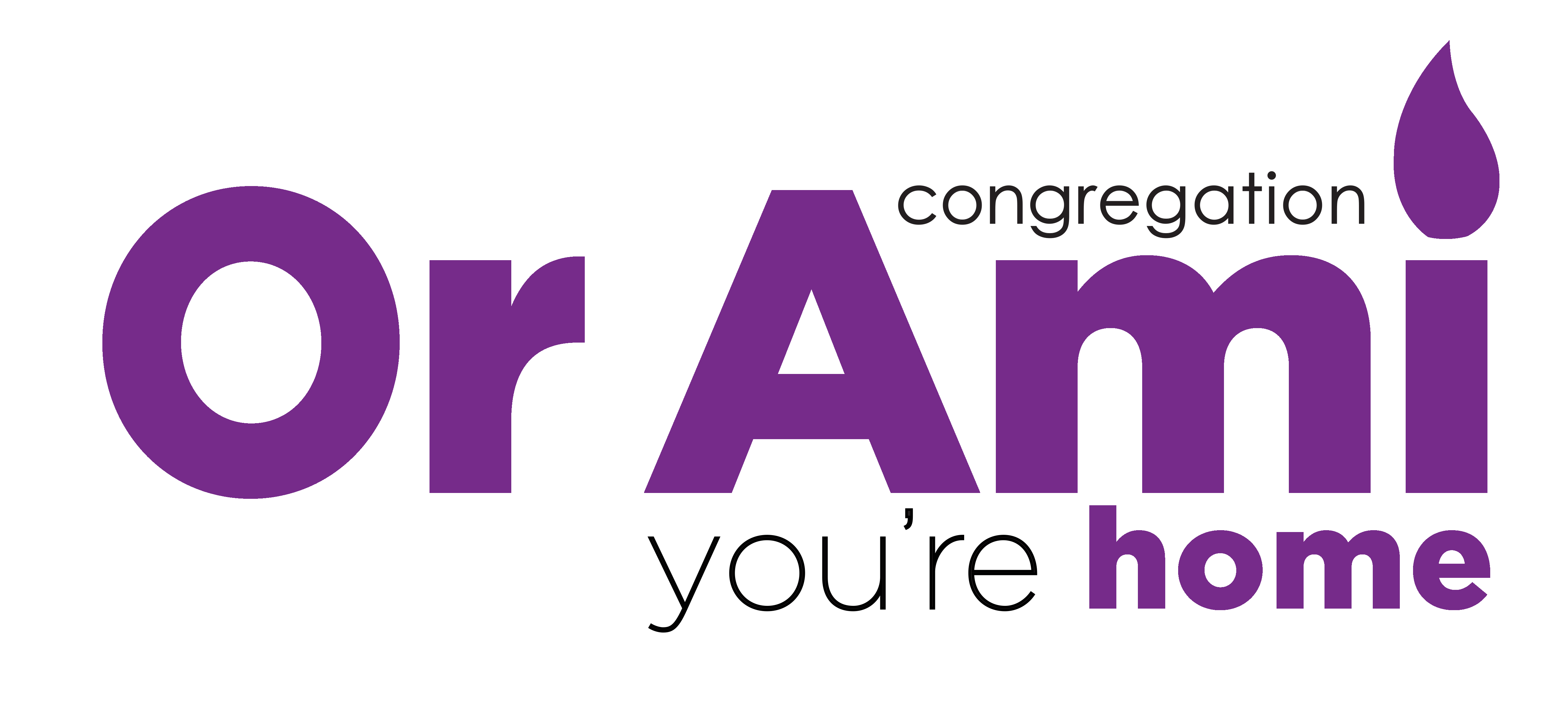Autism, Different Abilities, and Judaism – April’s Mosaic Moment
April 2 is World Autism Awareness Day, with April being Autism Month (https://www.myautism.org/wam). Rabbi Lana said during the April 5 Friday night service that no one is free when even one person remains enslaved. There are many who are not free, as they wear the shackles associated with being stigmatized. Such is the case of people with autism. The autism spectrum is under the umbrella of neurodiversity and covers a range of social and behavioral variations, which may require various degrees of support.
In May 2017, a contest-winning teen was disallowed from visiting the United Nations because of his autism (https://abilitymagazine.com/ruderman-family-foundation-calls-for-un-action-on-autistic-youth/). He received support from the Ruderman Family Foundation, followed by an article: “The bottom line is that if someone has a disability, it sometimes means they require accommodations. If you use this need as a reason to deny access, you are discriminating against a person with a disability because of that disability.” (https://rudermanfoundation.org/yes-it-is-about-autism-the-discrimination-against-niko-boskovic/).
Discrimination also exists within employment opportunities and the workplace (https://www.medicalnewstoday.com/articles/autism-discrimination-in-the-workplace#effects). Workplace accommodations may be made to allow people with autism to be employed and contribute to the community. (www.medicalnewstoday.com/articles/autism-discrimination-in-the-workplace#reasonable-adjustments-for-employers).
Strengths may be seen in being musically gifted, excelling in math and science, and demonstrating intense interests, “such as in trains or numbers.” (https://www.myjewishlearning.com/here-now/what-you-need-to-know-about-the-autism-spectrum/). Note this information comes from a Jewish newsletter. “Here. Now is a teen-driven Jewish movement that provides support, builds connections, increases well-being and resilience, and reduces stigma around mental health.”
What can we do? As a society and Jews, we can recognize the range of how our brain functions, called neurodiversity, and respect the differences, not as a disease needing a cure but as “differences in functioning.” (https://www.thejc.com/lets-talk/jewish-tradition-has-long-valued-and-nurtured-neurodiversity-udu0rfa6). Shared by Elissa Linick, COA Partner who has a son on the Autism Spectrum: “As neurodiverse children grow into adults, it’s important for their support team to help guide them to their strengths and perseverations, as those can often become a career path for them.”
About Or Ami, Elissa says: “Or Ami engages all people of Neurodiversity and is always warm and welcoming. It’s so important for our community to be approachable to those that struggle with social interactions.”
We can learn from and engage neurodiverse people we meet and know in conversations, such as about their interests or hobbies, and be a real friend and encourage others to do the same.
